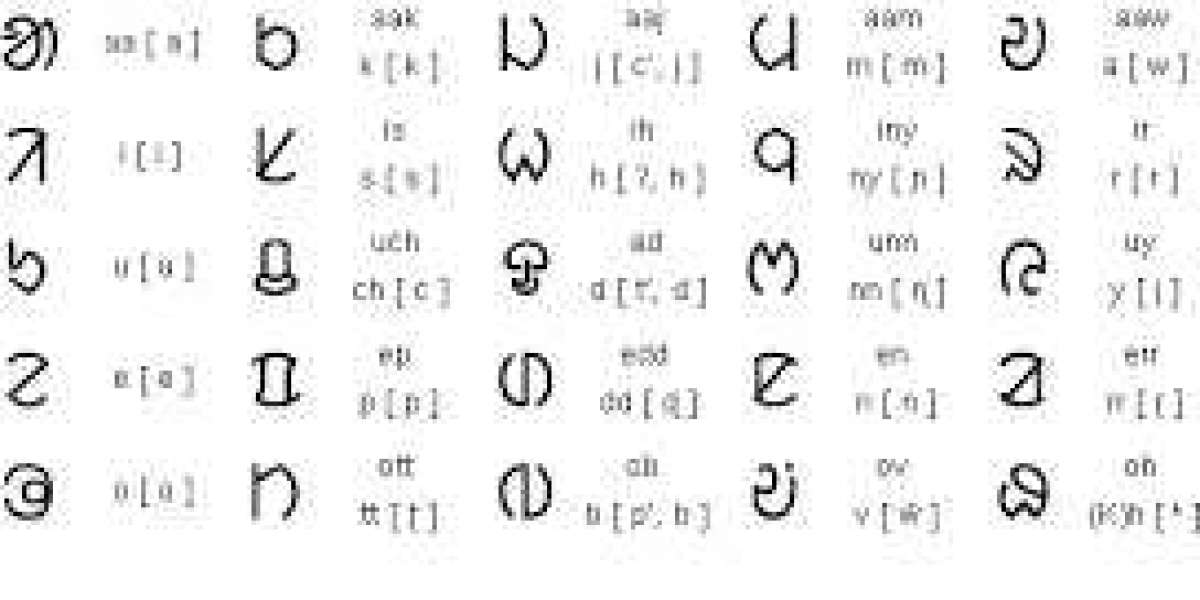The coding and marking systems market revenue will rise at a rate of over 6%, to reach around $7,470 million by 2030.
The key factor for the success of the industry Is the high demand in food beverage and pharma because of the growing electric vehicle sales.
The paper and cardboard industry will show the fastest growth, as the increasing consumption of packaged food will increase the usage of cardboard material and paper for packaging.
The material used in printing and coding inks is becoming more environment-friendly and efficient, as governments are strengthening the environmental protection regulations. Moreover, the industry is forced to decrease the usage of hazardous solvents such as, methyl ethyl ketone, and replace them with those with the ones with water base.
As the automation sector is expanding, the need for advanced coding machines are also increasing, in order to anti-counterfeit labels or code part numbers on automobile components to enhance their safety features.
Download sample pages of this report: https://www.psmarketresearch.com/market-analysis/coding-and-marking-market/report-sample
The continuous inkjet technology dominated the industry. This is mainly because to the numerous benefits of this technology, including speedy printing and can print characters on almost any material. Moreover, the use of this technology lets systems to operate for an extensive time period, with minimum requirement for service and make them less costly.
Asia-Pacific is the regional dominator in the industry, and will continue the same way in the near future. This has a lot to do with the strict government regulations regarding drug traceability and safety, surge in the production of food, and rise in exporting packaged food.
Moreover, with the increasing population, consumption of food will increase, thereby further powering the packaged food beverage industry.
The significance of coding and marking has improved recently in the APAC because of the increasing frequency of piracy in a lot of industries. As per the UNODC, generally, the Peoples Republic and India are responsible for more than half counterfeit medical products on a yearly basis.
For reducing the diffusion of counterfeit products, many countries have strengthened their anti-piracy norms. Such strict regulations of the government have forced drug manufacturers to use coding and marking systems for ensuring suitable labeling of the goods produced.
The rising demand of the food beverage, pharmaceutical, and cosmetics industries for this sort of equipment is one of the main factors for growth of the coding and marking systems market. The increasing sales of bottled water, packaged food, fruit juice, and dairy supplies have helped the growth of the packaged food beverage industry around the world, which has, increased the requirement for industrial coders and markers.







